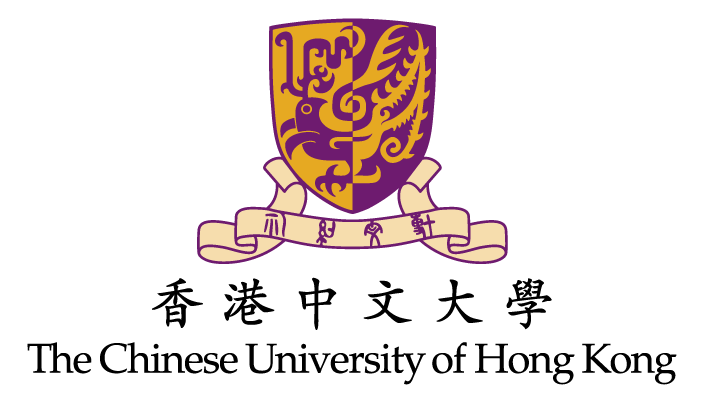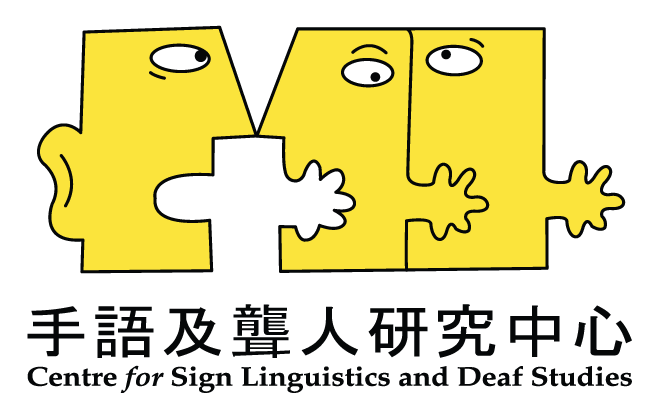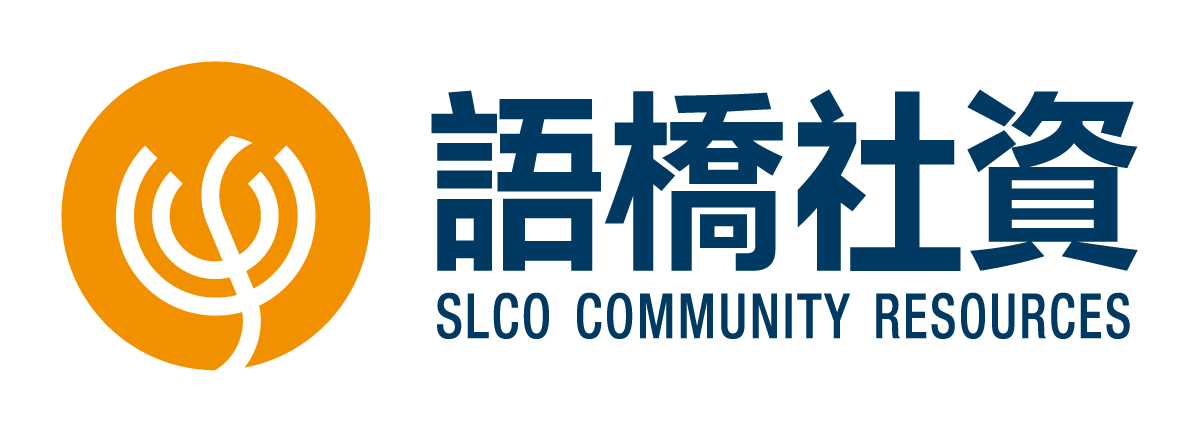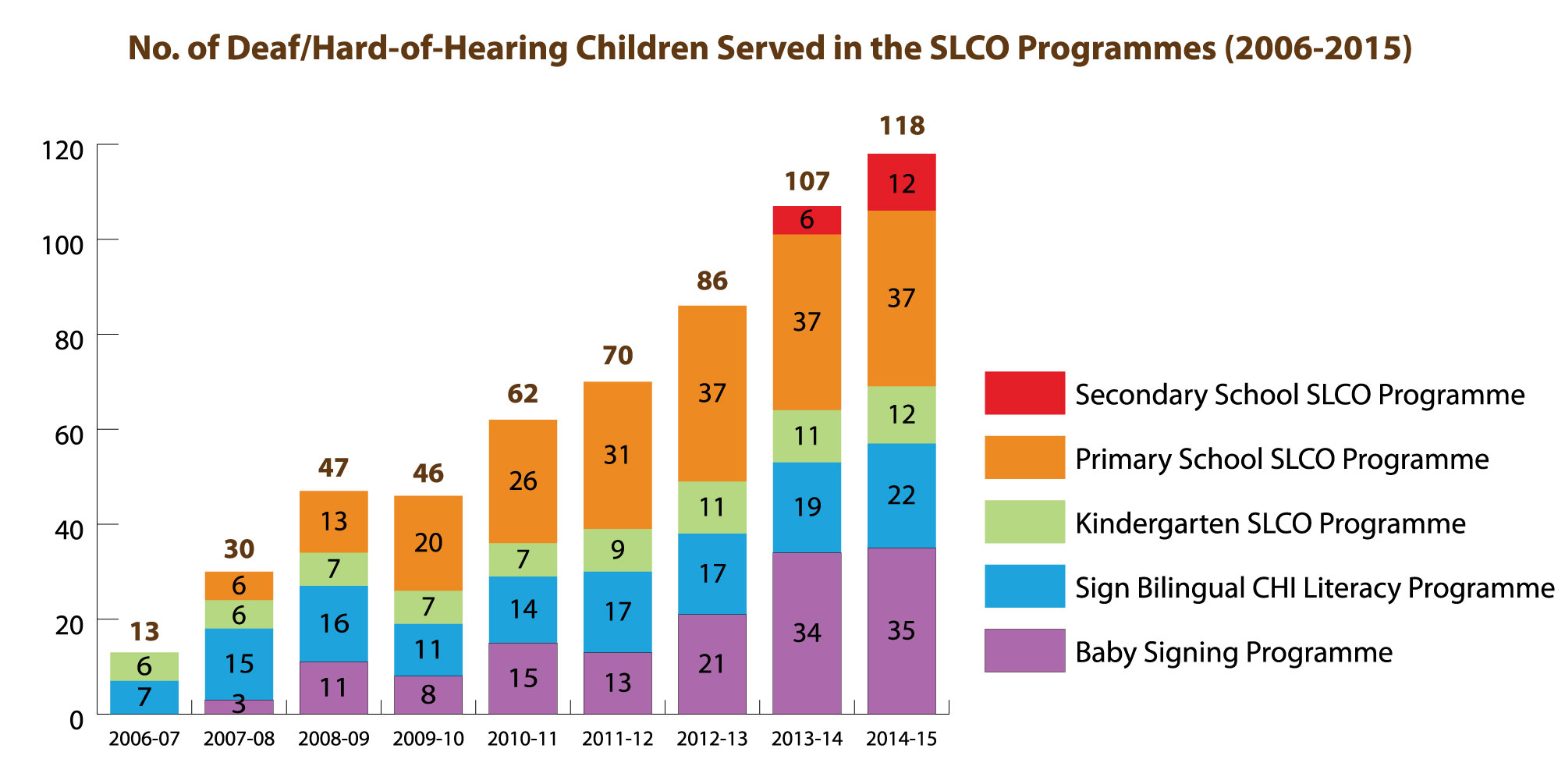



Recent research in sign linguistics and language acquisition has proven optimal learning for deaf children can be achieved through both signed language and spoken language. Until now, no research has indicated that learning sign language will impede the spoken language development of deaf children. Rather, research reveals that sign language could facilitate their spoken language and literacy development. Research has shown that sign language can stimulate both hemisphere of the brain, which not only could strengthen the spoken language development of deaf children, but is also beneficial to hearing children by enhancing their vocabulary and cognitive development.
These researches have led the United Nations to reiterate in the 2006 "Convention on the Rights of Persons of Disabilities" the right of deaf people to receive education through sign language and that teachers should also receive relevant training. The Hong Kong government has followed the Chinese government in signing the Convention in 2008.
Based on research evidence and the needs of deaf education, the Centre for Sign Linguistics and Deaf Studies of CUHK introduced an innovative sign bilingual education model which incorporates and strengthened the idea of inclusive education in mainstream schools. Real inclusiveness in education is achieved by enabling deaf and hearing children to develop collaborative learning using both signed and spoken languages through the co-teaching of deaf and hearing teachers. The bilingual learning environment where deaf and hearing teachers and students integrate can also enhance bilingual development and learning effectiveness.
Thanks to the seeding fund from The Hong Kong Jockey Club Charities Trust from 2006 to 2014, the Centre started the "Sign Bilingualism and Co-enrolment in Deaf Education (SLCO) Programme" and launched a series of educational programmes from preschool to primary education with the guiding principles of "Sign Bilingualism" and "Co-enrolment", pioneering deaf education development in Asia.

